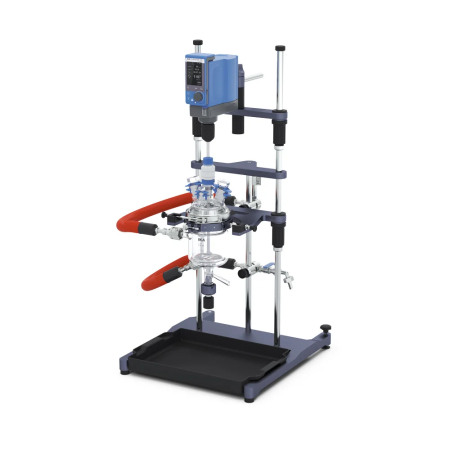Sort by
Customise ColumnsFeature View
Show
Free Delivery to UK Mainland
We use cookies to ensure you get the best experience on our website.
A synthesis reactor is a vessel used in chemical processes to combine simpler substances into more complex products under controlled conditions of temperature, pressure, and catalysts.

Understanding Synthesis Reactors
Welcome
Welcome
Welcome
Welcome